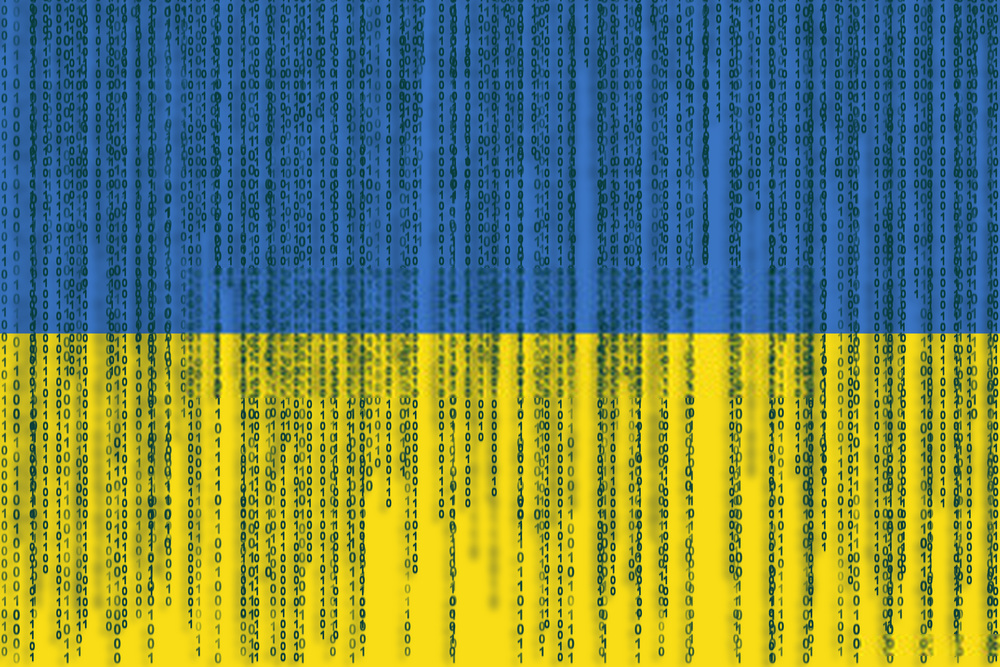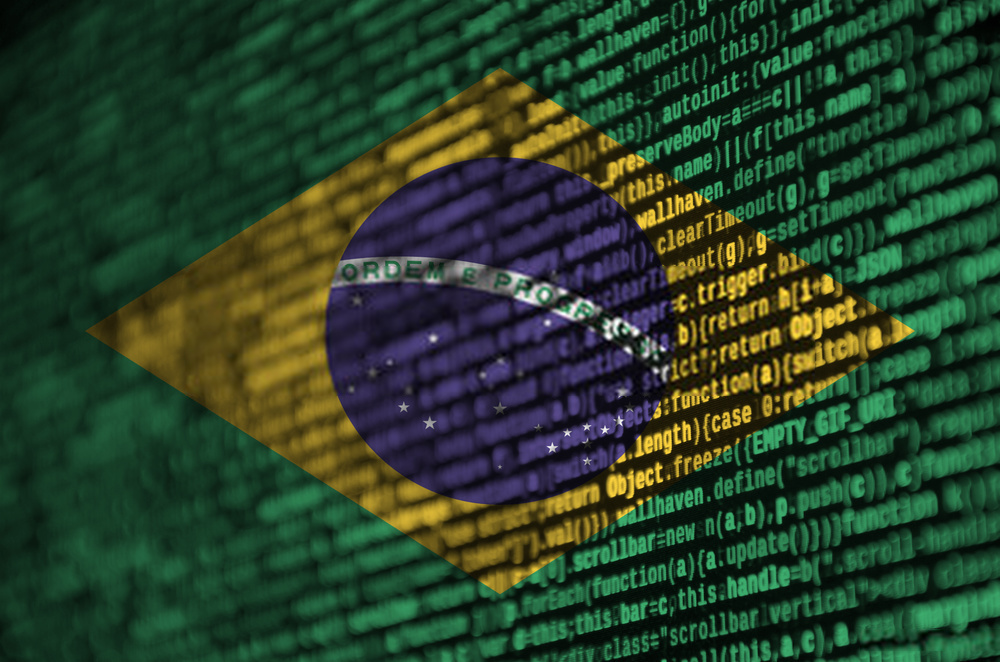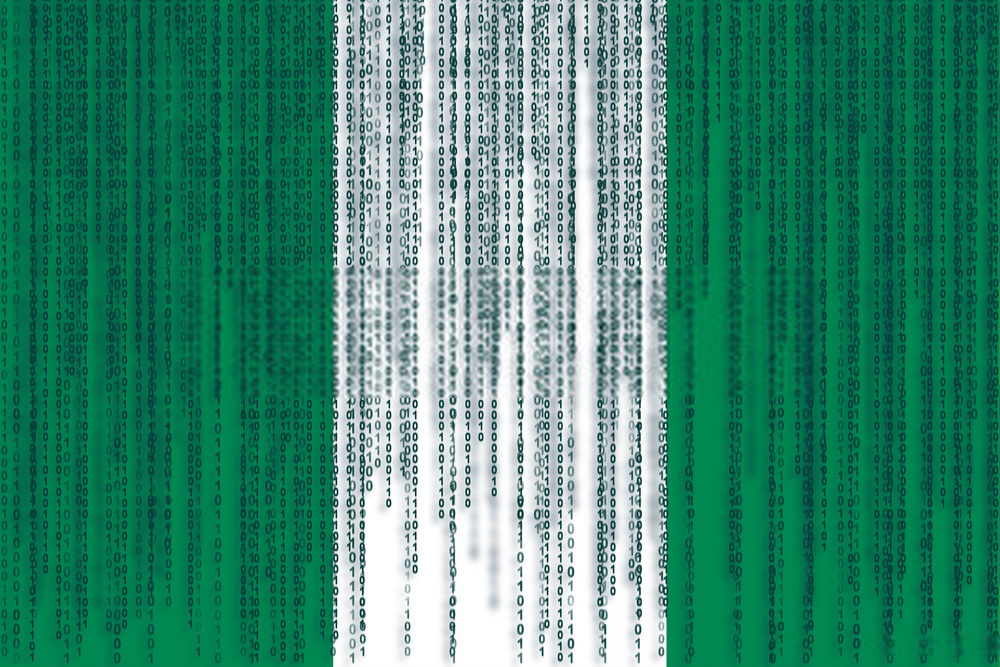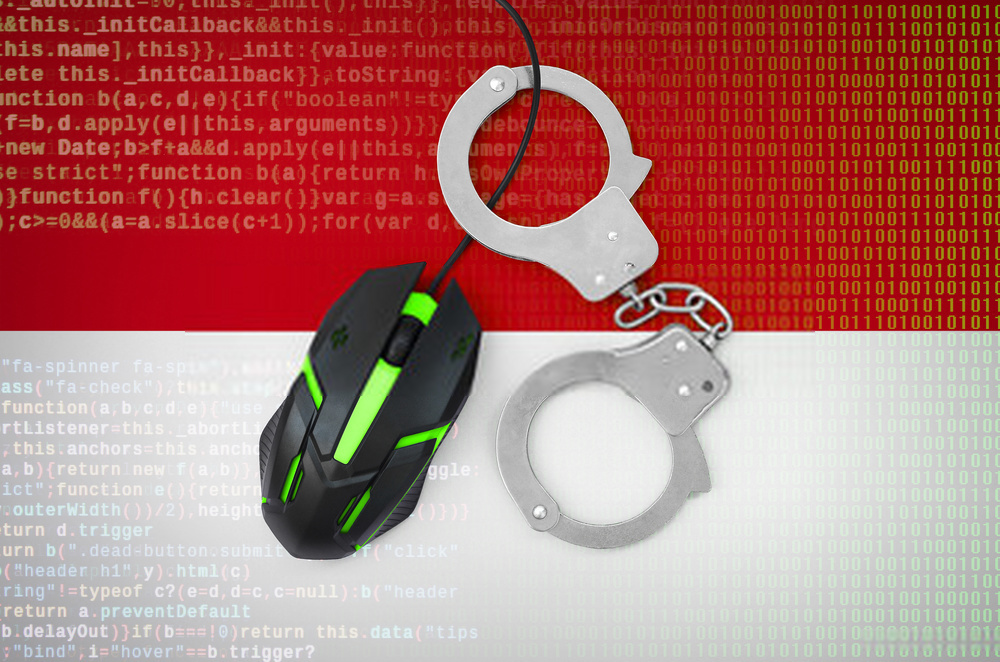When you think about war, you normally think of guns blazing, bombs blasting, nuclear warfare, or even worse – the destruction of two of the tallest towers in your country that house all of your finances. While these are all definitely types of warfare, there’s a new one on the rise – and it’s bigger than 9/11. Enter the world of Cyber Warfare – where everything is a weapon (and no, we’re not talking about an IED).
Table of Contents
What is Cyber Warfare?
This type of cyber warfare is much different than your average computer virus, trojan, or worm. As a matter of fact, it’s using these methods, but for a completely different reason other than just messing with people like it was back in the 1990s. These days, hacking is often caused by a country (or countries partnering together) to initiate attacks on some of the most important computer systems in your country. The downside is that it can and has been used to cause damage, financial destruction, hardware destruction, and even the death of everyday people. And it’s already been happening.
Is Cyber Warfare Just a Virus?
No, it is not. It’s actually more like an intellectual battle of sorts. The way that normal warfare works vary, and so do cyberwars. This is because many times, the computers that are hacked aren’t the real reason they’re being hacked in the first place.
Take, for example, the hacker gangs that have been responsible for numerous deaths during the COVID-19 pandemic (not just in the U.S., but it’s been happening in other countries too). Cyberattackers will hack into hospitals’ computer systems – causing their systems to be shut down, install ransomware, and then ultimately make it so hospitals can’t successfully do their job. In some cases, this has already caused the deaths of thousands of patients.
Another example is hackers gaining access to things like airports, and even worse, wireless traffic lights. Think about it this way; because we’ve seen it in the movies already – but now it’s a reality. Someone hacks a traffic light on a bustling roadway after they’ve hacked into the computer’s systems. They then operate the power grid to shut down the city’s power before a terrible winter storm happens.
Or even worse, they’ll attack those streetlights on the already dangerous roadways – knocking out the power or turning every light into a green light. While it may not be something that can’t be controlled once people wisen up, there will be an abrupt amount of accidents.
Banks and Finances Affected by Cyber Warfare

If you weren’t already aware, most hackers are motivated by money, power, and destruction. Thus waging cyber warfare on financial institutions is something they often do.
It’s already rumored and known that every country operates and runs on money. That’s just the way the world works, unfortunately. Therefore, the hackers hack into the banks, and then the next thing you know, your bank account’s balance has gone down to zero instantly. Or the reverse happens, and you suddenly have millions of dollars available that end up coming from nowhere. What’s the worst that can happen? Well, I guess the hackers could hack the stock market, crash it, and drain it. But let’s not give them any ideas.
Data Breaches Galore
The first thing that we’ve been realizing is that internet service providers like CenturyLink and others have been walloped by cyberattacks and data breaches (and they’re not alone) in the past two years. This is to diminish communication at a higher level and ultimately disable our means of defense when they have everything to scam us. Then, you can imagine as they destroy smart devices that are controlling climate areas of farmlands, greenhouses, and warehouses – the list goes on.
While it may sound like sheer paranoia, it’s really not that far off – and there is every reason, especially with the latest government attack that has apparently been happening unbeknownst to us for the past year on the entire U.S. Government system, from the Treasury to the Pentagon (and even the I.R.S.).
So Is This War?

Just because cyber warfare isn’t like a typical war doesn’t mean it’s less devastating or destructive.
While it’s uncertain just how many countries are going to be involved, it looks like everything is shifting more towards the digital age these days – and unfortunately, a tinfoil hat doesn’t look like it’s going to save us this time around. Below we will touch on the top ten cyberwarfare offenders and what they specialize in, so scroll down.
Why are Hacker Countries Becoming Cybersecurity Centers?

Cyber warfare and cyberattacks occur at rates we never thought would happen, but here we are fighting every day to keep you and your information safe from hackers. Know this, though. We will never give up!
If you have been working on your business for the past year, you may have been a victim of a cyberattack. As we like to call them, these hackers and hacker gangs all have a place of origin. However, it appears that right now, there are about 10 main countries that have been the origin of where the cyber warfare attacks on us (and other countries) originate.
What’s worse – these countries where the cyberattacks seem to be magically appearing are from some of the top cybersecurity defense centers. But why?!?! How on earth could you make your country a cybersecurity defense center but then use it to attack other countries? You might want to read past ransomware posts to understand better what’s going on!
Top Ten List of Cyberattack Offenders
The most common countries where hacking and cyber warfare attacks come from are:
1. Russia

Leading the charge when it comes to cyberattacks and cyberwarfare is Russia!
In recent months, this is the most prominent place where cyberattacks have been coming from. Of course, there have been a handful of these hackers using VPNs and other tools to bounce their location from here, so you don’t always know where they’re attacking from – but they originate upon tracing to Russia. They are also one of the biggest cybersecurity hubs in the entire world. Russia also has the largest black market globally, worth around 2 billion dollars every year and while also housing the most cybercrime groups.
2. China

Coming in second, but not by much when talking about cyber warfare and cyber attacks, is China!!
China is another place where cyberattacks have been happening, and they’re also responsible for state-sponsored hacking attempts (approved by their government). They also have one of the largest technologically advanced military groups on the planet.
3. Eastern European Countries

When it comes to DDoS attacks, Ukraine and Bulgaria take the cake in this type of cyber warfare!
Mostly originating in countries like Bulgaria and Ukraine, this area has more than 30 groups responsible for organized crime and record DDoS attacks, let alone their constant attacks with ransomware, malware, and botnets.
4. Romania

If you have a PoS system hacked, a Romanian hacker was behind it more often than not. While not necessarily cyberwarfare material, it’s still something to be aware of.
Romania is mostly popular for targeting PoS systems. They were responsible for more than $240M in losses when they attacked our financial banking systems in recent years.
5. Brazil

If you’re from Brazil and you get hacked more often than not, you’ve been hacked by one of your fellow countrymen.
Brazil has constant cyber attackers that aren’t afraid to hack and scam their own people. They usually use tools from the Ukrainian hacker teams but use Russian hacking programs to perform their malicious attacks on people.
6. Nigeria

Phishing attacks can definitely lead to cyber warfare, and nobody does it better than Nigeria.
When it comes to phishing emails and scammers, Nigeria takes the cake. While they’re also known for these schemes, they also have the highest number of unemployed but genius-level hackers to spend a lot of time creating these fraudulent measures.
7. Vietnam

If you’ve ever had your personal information stolen and then had it sold on the darknet, then you may have been hacked by a hacker in Vietnam.
Vietnam is gaining more and more popularity since 2014 when the attacks started becoming more prominent. They’re leaders in stealing personal information and using it against people by selling it on the black market. They are some of the biggest leaders in stealing information (like those fake job scams we’ve talked about) and data mining personal records.
8. Indonesia

We haven’t touched on botnet attacks, but they can lead to massive DDoS cyber warfare attacks.
More than 35% of all cyberattacks originated in Indonesia in 2014, and they have the most botnets in the Southeast Asian area. Making them a prime cyber warfare offender.
9. South Korea

It’s been a minute, but South Korea has successfully cyberattacked the US government and news outlets in the past.
6 years ago, South Korea was showing higher than normal levels of hacking and criminal records online. They were discovered because they use old tech that’s often used for online banking methods there. They primarily attack the United States, though.
10. United States

No list would be complete without mentioning the cyber warfare being committed by our government on us the people every day.
There have been a larger than normal number of attacks happening right here at home in recent months. It’s about a 50/50 between breaches caused by cybercriminals, and the other half of them were caused by our own government. We aim our practice for the most part against other countries for investigation.
How Can I Defend Myself and My Business?

Proper employee training and a robust cybersecurity system definitely help when attempting to deter cyberattacks and cyber warfare.
The first thing you should do is make sure that you have the proper defense system set up to protect your company, your employees (who probably need training), your customers, and more. To do this, you may want to shop around, but local options are hard to find, especially now.


Recent Comments